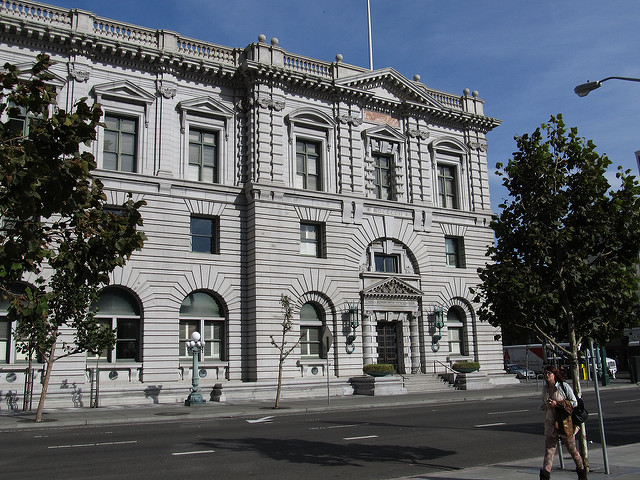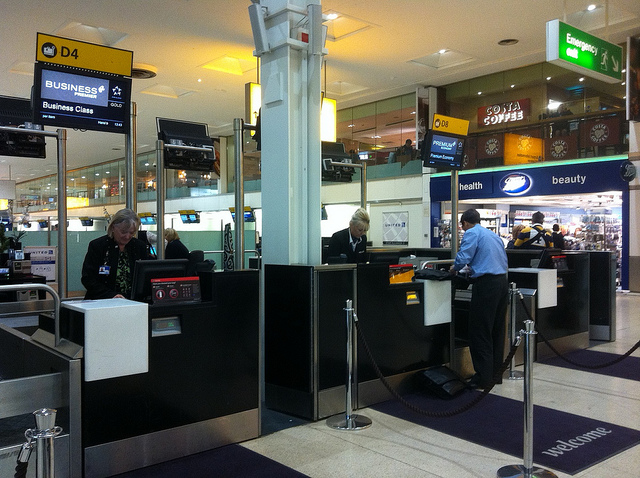A three-judge panel from the Ninth Circuit Court of Appeals has unanimously ruled that the President’s Executive Order “Protecting the Nation from Foreign Terrorist Entry into the United States” banning the entry of immigrants and non-immigrants from seven Muslim-majority countries will not be reinstated. The Court refused to reinstate the Order after hearing oral arguments from the solicitor general of Washington state arguing for the states of Washington and Minnesota, and counsel from Washington D.C. The panel was tasked with reviewing a temporary restraining order (“TRO”) that was handed down by a federal judge from Seattle, an order which brought President Trump’s Executive Order “Protecting the Nation from Foreign Terrorist Entry into the United States” to a screeching halt. Since then several lawsuits have been filed against the President’s executive order and are making their way through the courts.
The Court considered four central questions before reaching their decision:
- Whether the stay applicant “Government” has made a strong showing that he is likely to succeed on the merits;
- Whether the applicant “Government” will be irreparably injured absent a stay;
- Whether issuance of the stay will substantially injure the other parties interested in the proceeding and;
- Where the public interest lies.
The Court concluded that the government failed to satisfy the first questions, and that arguments made by the government’s attorney in support of the last two questions did not justify the issuance of a stay to lift the temporary restraining order and reinstate the Executive Order. The Court reasoned that the government failed to show that it would be likely to succeed on appeal, noting the seriousness of the allegations raised by the States regarding religious discrimination and significant constitutional questions. In a powerful statement the Court noted that “the government has pointed to no evidence that any alien from any of the countries named in the Order has perpetrated a terrorist attack in the United States.” The Court further stated that the States “offered ample evidence that if the Executive Order were reinstated even temporarily, it would substantially injure the States and multiple other interested parties.”
 Visa Lawyer Blog
Visa Lawyer Blog



